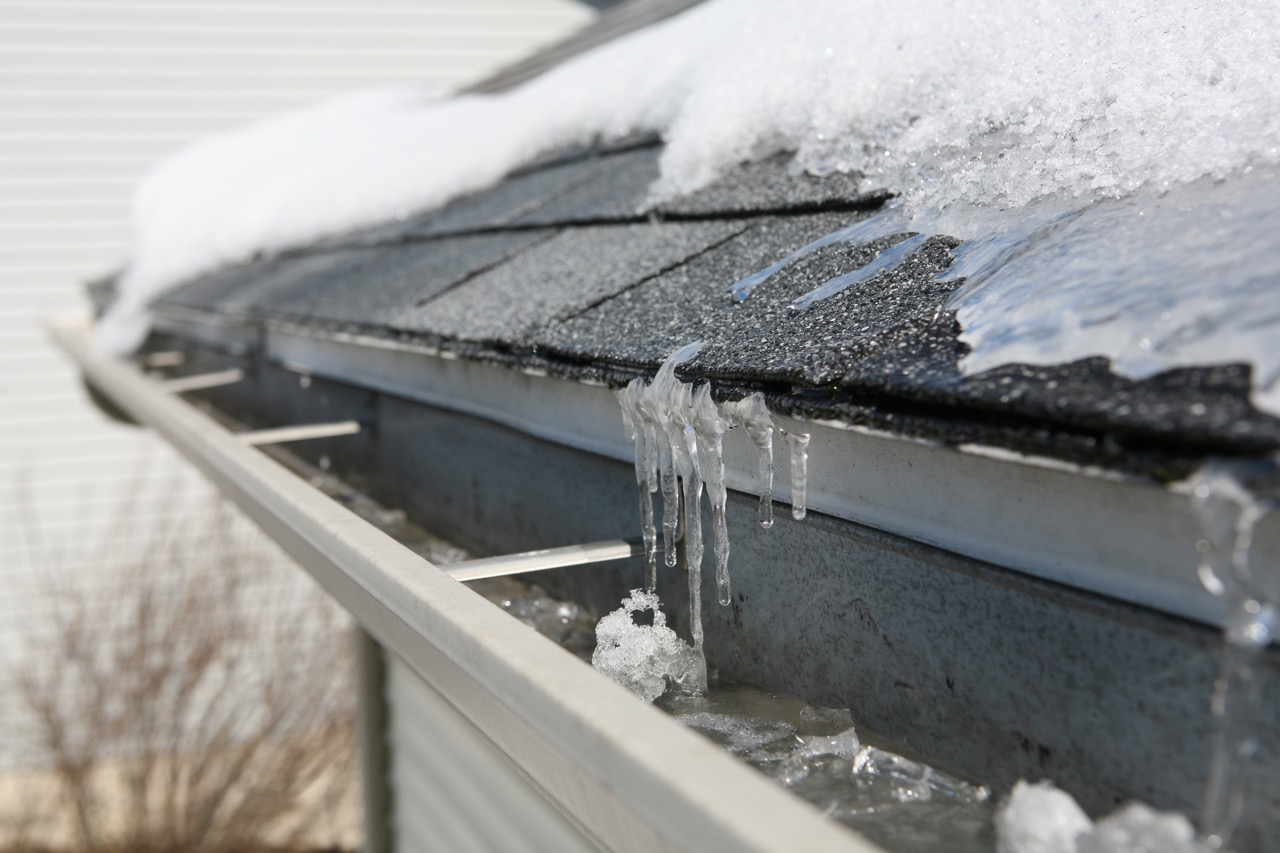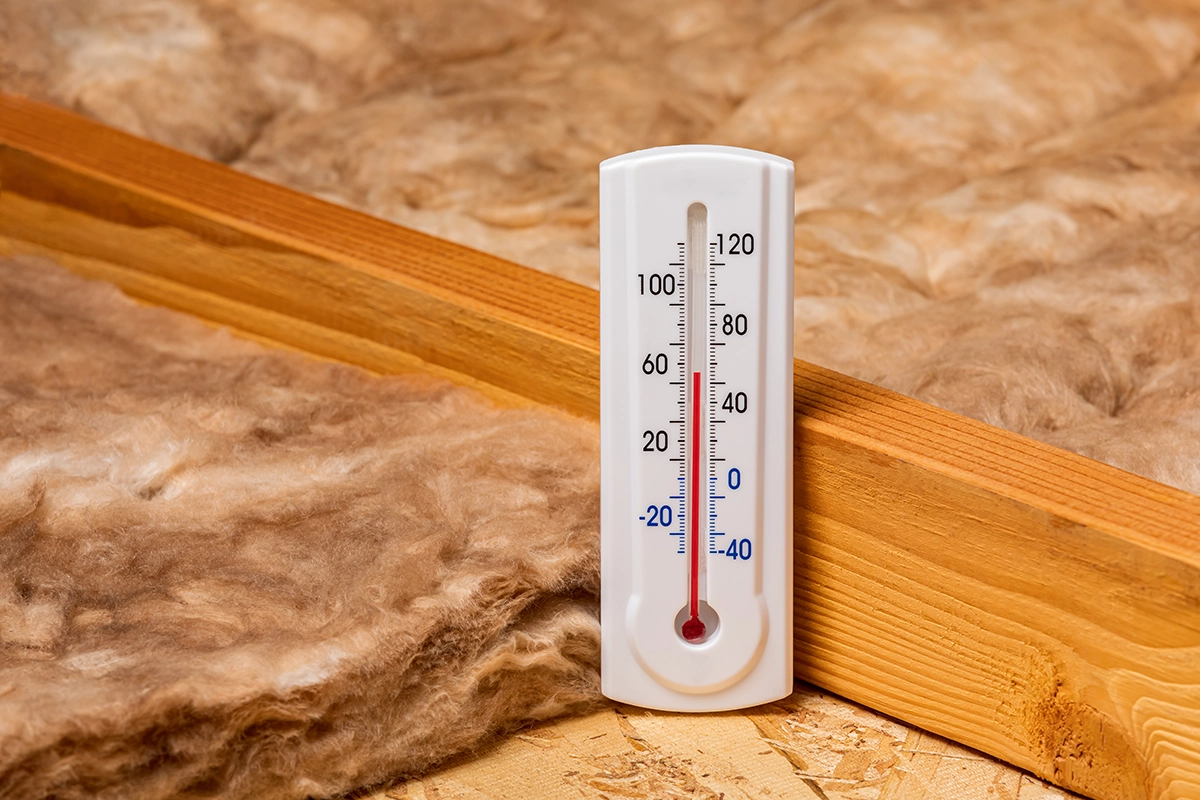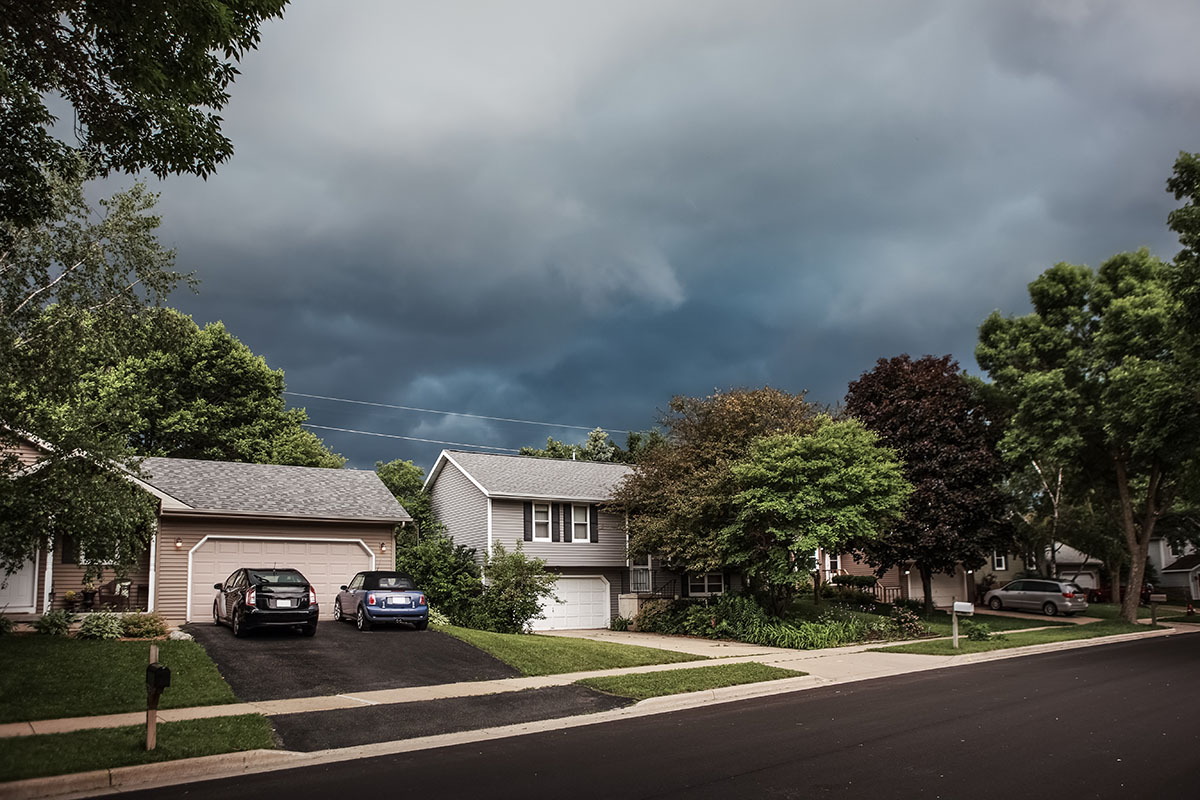Summary
When evaluating a roofing contractor, it’s not enough to look into their history, registration, affiliation, and insurance information anymore. With so many newly established, legally operating roofing firms in Chicago that use those documents to hide their lack of experience, it can be difficult to distinguish the reliable ones. You have to be more inquisitive if you want to extract as much information from your prospects as you need to make an unassailable choice.
After knowing a contractor’s business background, proceed to measuring their experience by asking about their previous projects. If possible, get the names and contact details of their previous clients who can attest to the quality of their services. Their feedback can prove influential to your final decision. Once you finish assessing their reliability in general, it’s time to determine whether or not they can handle specific projects, particularly the one you’ll award them with in case they pass your assessment. There’s no better way to achieve that than by asking the following questions.

Re-roofing or roof replacement—which do you prefer?
Although “re-roofing” and “roof replacement” sound synonymous, in terms of roofing service, there’s a fine line of difference between them. Basically, there are two ways to install a new roof—one (roof replacement), apparently and as it is typically done, is by dismantling the old roof, laying out a new decking where needed, and installing the new roof; the other (re-roofing) is by setting up a layer of roofing material over an existing roofing material.
Both techniques have their share of pros and cons, and so each of them deserves careful consideration. If you choose to replace your old roof completely, prepare additional cash for the new decking and rafters if damaged. Plus, most roofing contractors charge extra for the dismantling and disposal of the removed materials. Re-roofing, on the other hand, may save you the trouble and cost of dismantling the old roofing, but it could also add weight on your roofing system, which could endanger the structural integrity of the trusses. If the roofing contractor can confidently explain to you the implications of each option, it means they are reliable.
How do you plan on installing the roof?
While this sounds like a general question, it can also be a trick question that can provide you with an instant glimpse to the limitation of the contractor’s expertise. If the contractor immediately tells you about a certain technique without even asking you what type of roof you prefer, that should be a red flag that either they know or specialize in just a single or no more than a couple type of roofing or they are trying to lure you into an expensive roofing choice.
A reliable roofer usually spends a great deal of time listening to their clients, asking as many questions about their preference as possible. Foremost of those questions is what type of roof you want for your home. After all, each roof type requires a different installation method, and a reliable roofer wouldn’t mind which roof type you will choose because they are confident they can perform the suitable installation method properly.
Will they be installing a drip edge?
The roofing process is full of technical jargon, which makes it more complex than it already is. If you fail to do your homework, you won’t be able to catch up with your contractor once they start discussing the process. Even worse, they might mistakenly or intentionally omit some unnoticeable yet extremely vital details just to cut cost.
One of the least noticeable parts of the roofing system that you have to make sure your roofer will install correctly is the drip edge, especially if you’ve chosen a shingle-type roof. The drip edge is a molding that covers the edge of the roof. This allows the roof to be extended by about three-quarter inch beyond the fascia board, sloping into the gutter. Its main function is to guide runoff into the gutter and prevent it from seeping through the decking and causing water damage.
Does the installation process include home protection and cleanup?
Depending on the kind and extent of the roofing project, it may involve cutting open your existing roof and exposing everything underneath it to the elements. The last thing you want is rainwater rushing spontaneously into your attic and damaging your ceiling. Your roofing contractor must have an emergency cover in place to ensure that the rest of your home is safe while the installation is taking place.
Also, after finishing the project, your roofing contractor must rid your home of any garbage, nails, and debris. In fact, proper collection and disposal must be part of their daily tasks to ensure that your house is free from clutter that might cause an accident. All in all, you have to ask about this prior to the start of the project to avoid unnecessary confrontations when the project commences.
There are a lot of other questions that you can ask your prospective roofing contractors to ensure that the one you will hire is truly reliable. The ones mentioned and discussed above are just the most important. To avoid the trouble of going through the rigorous assessment and formulating what to ask a roofing contractor, however, you just have to pick one that has decades of experience and has great reviews from independent sites. Contractors like Muller Exteriors should be among your top choices.







